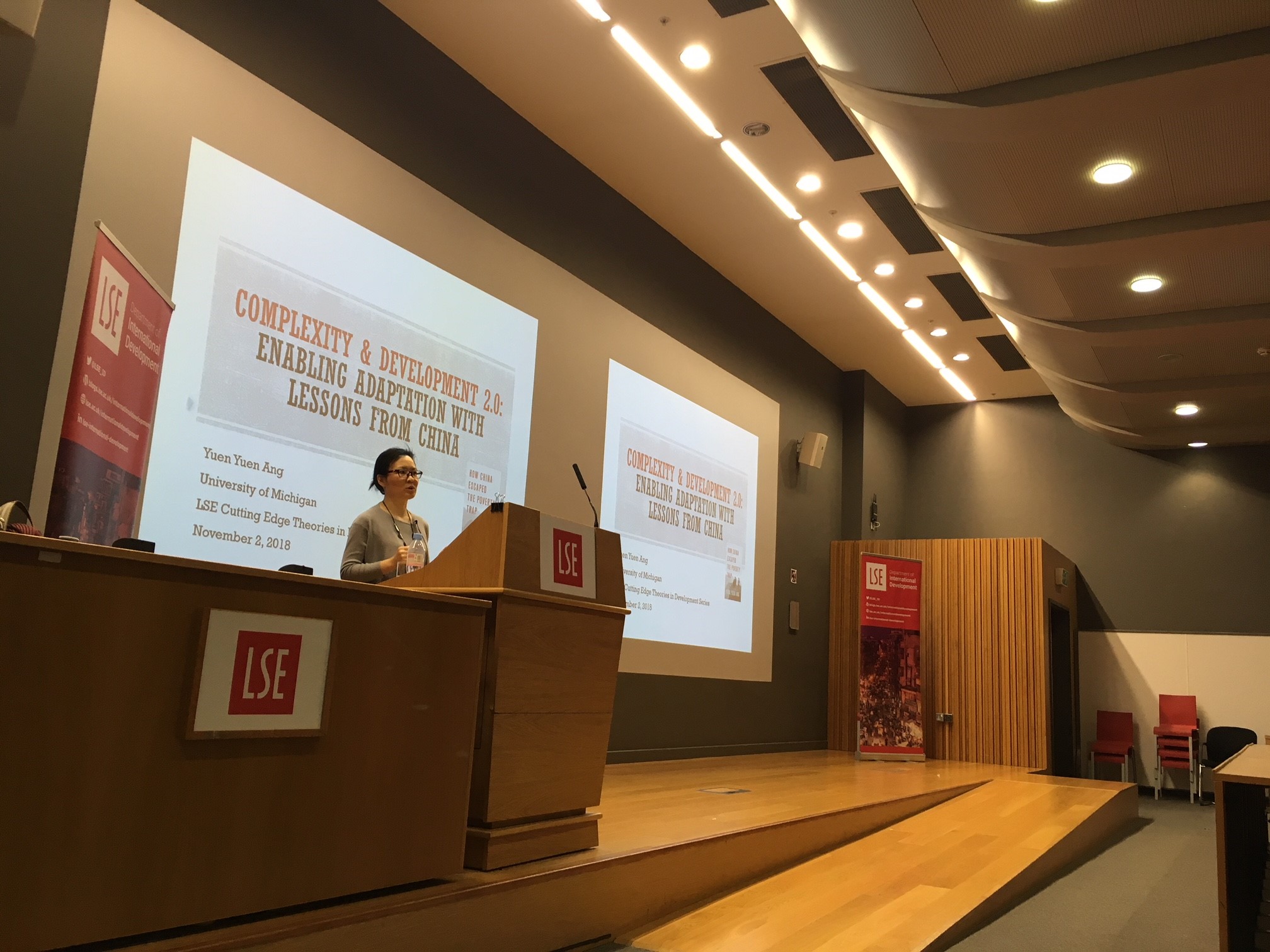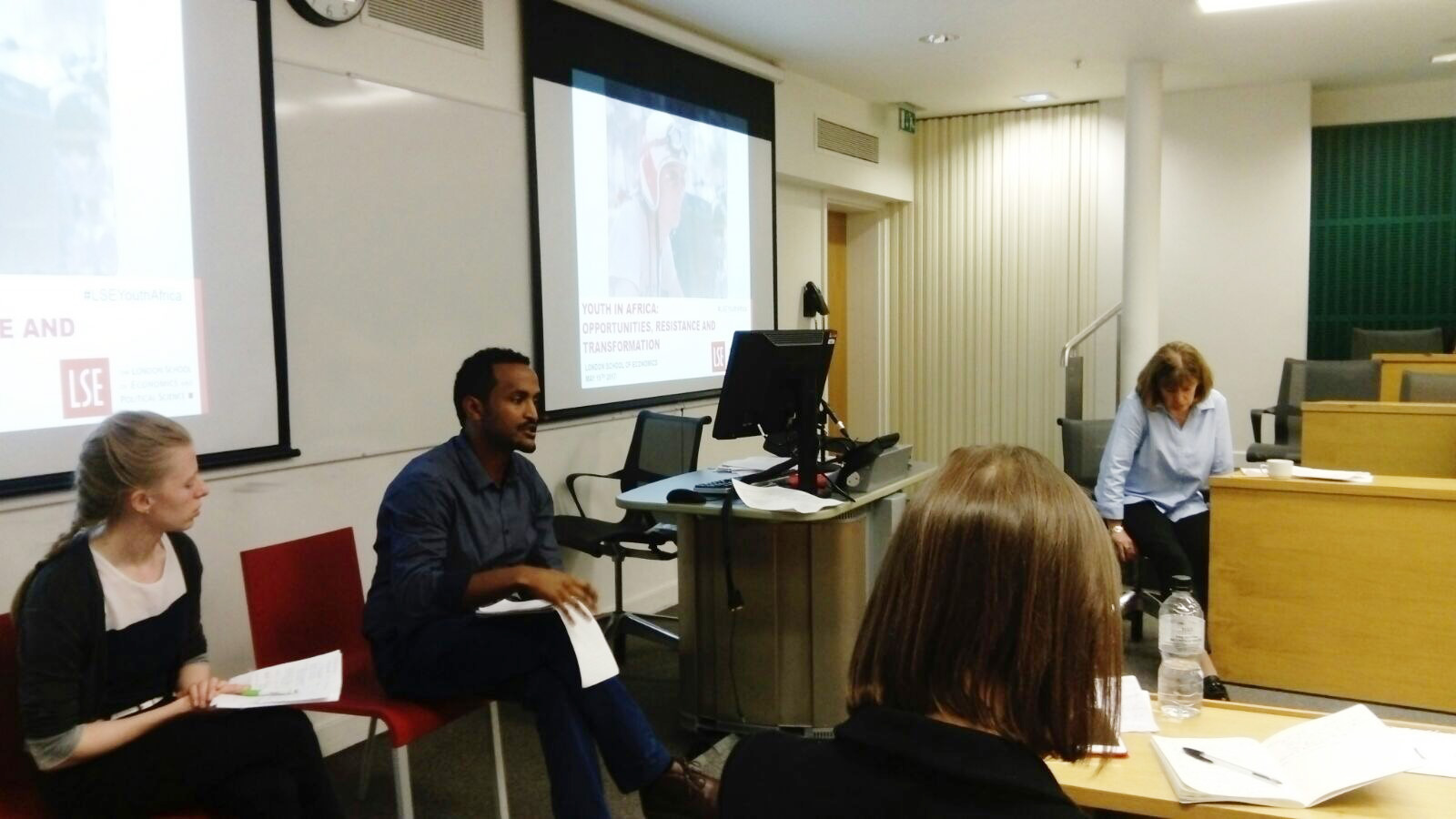As students get ready to come back for Lent Term 2017, MSc Development Studies and Chevening Scholarship student Tinnaphop reflects on his experience so far and how he plans on conquering his academic fears in the new term.
It was like a dream come true when I received the Chevening Scholarship from the UK Government in June 2016. I was extremely delighted about this once in a lifetime opportunity, but also exceptionally nervous. The E in the name LSE haunted me. Just like Mr. Freddy Krueger in ‘A Nightmare on Elm Street’, Economics haunted the worst of my nightmares!
I told myself that it would be okay, because development studies is interdisciplinary. There is more to development studies at LSE than Economics – it is where political scientists and anthropologists contribute their research. But, in reality, by Week 4 when studying the Big Push, I started to become worried by the number of graphs being used in lectures and readings. I felt like this was the beginning of my ‘Nightmare on Houghton Street’.
My worst fears came to life in the compulsory course, Development: History, Theory and Policy, when I randomly picked up my presentation topic for the term. I prayed for anything but finance, but to my horror I had picked Financial Crisis and Inequality: The End of Neoliberalism? ? I spent weeks leading up to the presentation reading the brief by myself and lost.
With the deadline fast approaching I pulled myself together and refused to allow my fears to get to me any longer. I decided to seek some advice from Prof James Putzel. Whilst providing detailed information on each reading and cheering me up, he also kindly recommended the following:
“You should bring the best out of your strengths from your previous academic backgrounds, instead of focusing on your weaknesses in economics.”
I went away feeling inspired and much better about my situation. I tried to “bring the best out of my strengths”, through my background in international relations and sociological theories which I integrated into the presentation. I did this, thanks to the LSE library where I found many critical readings about the financial crises and from a number of different perspectives.
Following this, I also realised that graphs were not scary, but it was my approach to them that made them scary. Instead of wasting my time trying to figure out the numbers on each graph, I started by looking at the figure caption, as this is where authors provide a method to understand the numbers. I translated the caption into my own words, shaking off all numbers and jargon as if I were Nancy Thompson, the main protagonist, who drags Mr. Freddy out of his realm. This was my second revelation in overcoming the E word, and in my own way.
Having wasted all my Michaelmas Term fruitlessly running away from the E word on Houghton Street, I am now enthusiastically looking forward to turning my Lent-Term into the best time to conquer my life long fears with the new techniques I have discovered. I am sure that there are many students at LSE going through their own version of A Nightmare on Houghton Street. Unlike Nancy Thompson who fought by herself to survive Mr. Freddy, I encourage all of you to share your stories so that we can gracefully conquer our nightmares together and turn them into our sweet dreams on Houghton Street in the upcoming Lent-Term!
Tinnaphop Sinsomboonthong is an MSc in Development Studies student at the LSE, funded by the UK Government’s Chevening Scholarship 2016-17. Prior to his postgraduate study, he has worked with international organisations and NGOs in Thailand.






Very Inspiring piece. I have been motivated by your story.
Thank you very much. After graduation, my perception on this has been changed. I learned a lot from that difficulty. 🙂